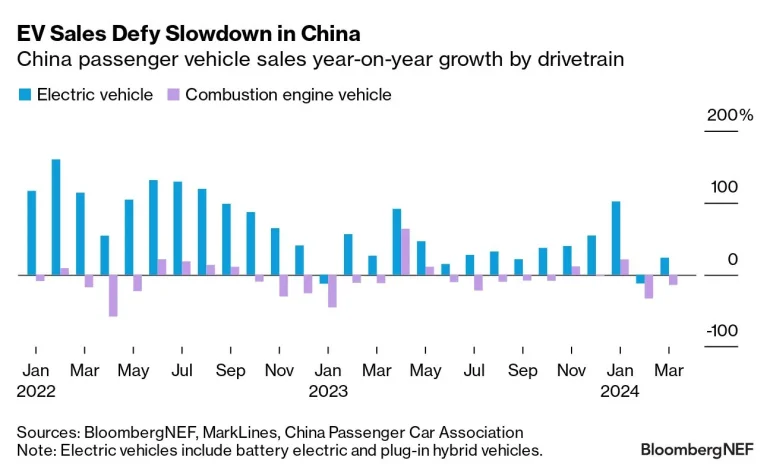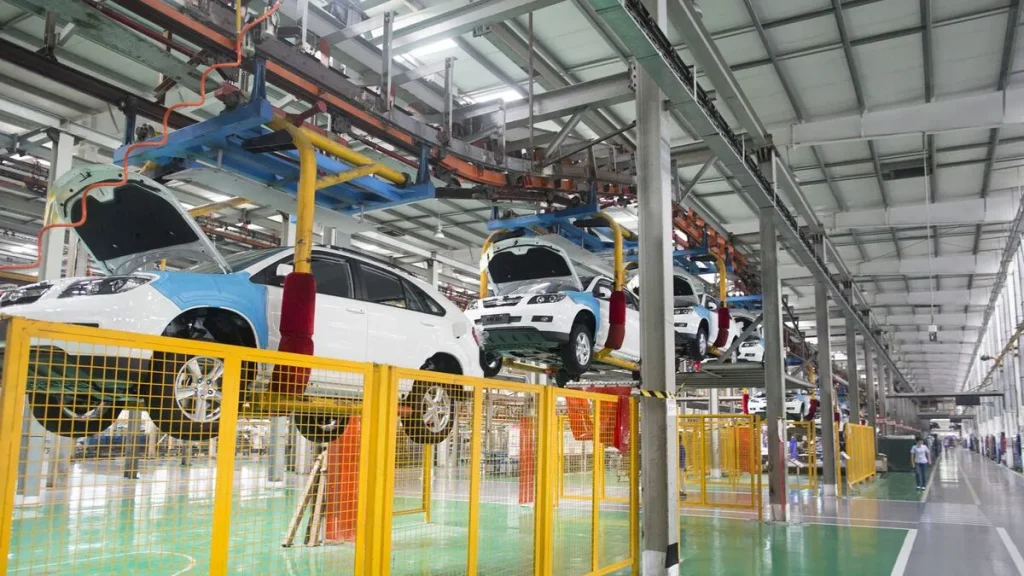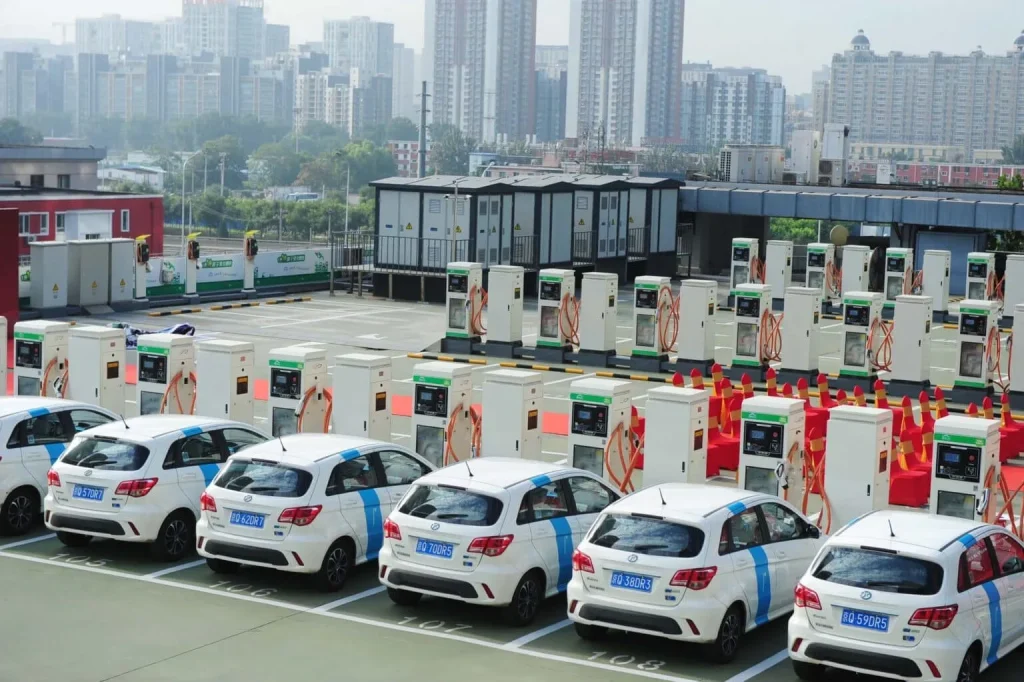China’s EV Market Surges Amid Global Demand Slowdown

Introduction
Despite a slowdown in global electric vehicle (EV) sales in 2025, China’s EV market continues to grow at a remarkable pace. Domestic manufacturers are reporting record deliveries, driven by government incentives, expanding charging infrastructure, and technological innovation. Analysts highlight that China’s dominance in EV production and battery manufacturing is strengthening its position in global clean energy markets, while also influencing trade and investment flows worldwide.
Policy Support and Market Context
China’s Ministry of Industry and Information Technology has maintained subsidies, tax incentives, and regulatory support for EV manufacturers throughout 2025. Initiatives include purchase incentives for consumers, expanded subsidies for battery and charging infrastructure, and support for research into next-generation energy storage technologies. According to SCMP, China’s EV sales reached 3.2 million units in H1 2025, representing a 15% increase year-on-year, even as global EV sales fell in North America and Europe.
Leading manufacturers such as BYD, NIO, and XPeng are benefiting from these policies. Analysts note that government-backed incentives are complemented by private sector investments in R&D, autonomous driving features, and vehicle-to-grid integration, creating a competitive ecosystem that fosters both innovation and market resilience.

Innovation in Technology and Battery Production
China’s EV manufacturers are integrating advanced battery technologies, AI-enabled vehicle control systems, and smart energy management. Companies like CATL and BYD are expanding production of lithium iron phosphate (LFP) and solid-state batteries to improve range, safety, and cost-effectiveness. According to Nikkei Asia, CATL increased production capacity by 25% in H1 2025, positioning China to meet both domestic and international demand.
Automotive startups are also leveraging AI for autonomous driving and predictive maintenance. Data collected from connected vehicles is used to optimize performance, improve safety, and streamline production cycles. Analysts suggest that this integration of AI, battery innovation, and manufacturing scalability provides Chinese EV manufacturers with a technological edge in global markets.

Data
China EV Sales Growth in 2025
According to SCMP and the China Passenger Car Association, EV sales in China reached 3.2 million units in H1 2025, a 15% increase compared to H1 2024. A professional chart mapping monthly EV deliveries shows steady growth in domestic sales, with notable spikes corresponding to subsidy renewals and model launches. This data demonstrates China’s continued market momentum, even amid slower global EV adoption.
Market Impact and Global Implications
China’s sustained EV growth is influencing global supply chains and trade dynamics. The country dominates battery cell production, accounting for over 70% of global lithium-ion battery capacity. As European and North American manufacturers rely increasingly on Chinese battery imports, analysts note that China’s market and technological leadership creates both competitive advantages and trade dependencies.
Global automakers are also forming joint ventures and partnerships with Chinese EV manufacturers to access technology, battery supply, and domestic distribution channels. Analysts suggest that these collaborations will accelerate EV adoption in Southeast Asia and other emerging markets while strengthening China’s influence in global clean energy infrastructure.
Expert Insights
Dr. Liu Wei, automotive industry analyst at Tsinghua University, stated, “China’s EV market growth demonstrates resilience and technological leadership. Even as global demand slows, government support, advanced battery technologies, and AI integration are sustaining both sales and innovation.”
Industry executives emphasize that expansion in charging networks and battery production not only supports domestic demand but also enables China to influence global EV adoption and energy transition strategies. Analysts highlight that China’s ability to maintain growth while global markets contract underscores the strength of its policy framework and industrial ecosystem.
Strategic Outlook
The continued expansion of China’s EV market has long-term strategic implications. By strengthening domestic manufacturing, advancing battery technologies, and deploying AI-enabled features, Chinese EV firms are securing leadership in both local and international markets. Analysts predict that this momentum will increase export potential, facilitate international collaboration, and reinforce China’s position as a global clean energy technology hub.
Moreover, as EVs become a critical component of global decarbonization initiatives, China’s ability to produce affordable, high-performance vehicles positions it as a central player in shaping global energy and mobility strategies. This influence extends to battery technology exports, trade partnerships, and international policy discussions on sustainable transportation.
Conclusion
China’s EV market continues to thrive despite global demand challenges, supported by government policies, technological innovation, and industrial scale. Data from SCMP and industry sources confirms strong sales growth and production capacity expansion. Analysts agree that China’s dominance in EV manufacturing and battery production provides both economic and strategic leverage, reinforcing its role in global clean energy markets. The integration of AI, battery innovation, and infrastructure development ensures that China remains at the forefront of the global EV transition.






